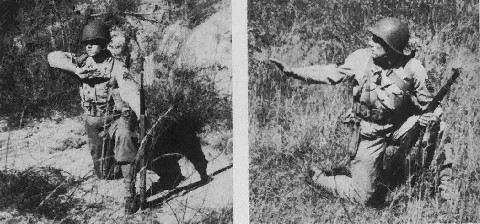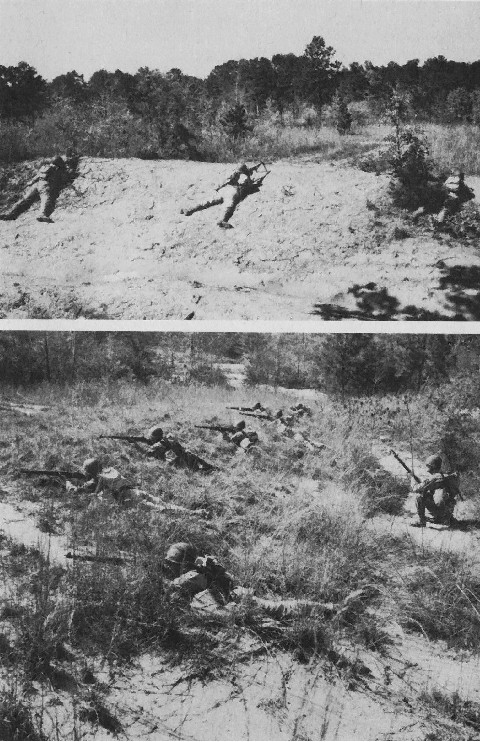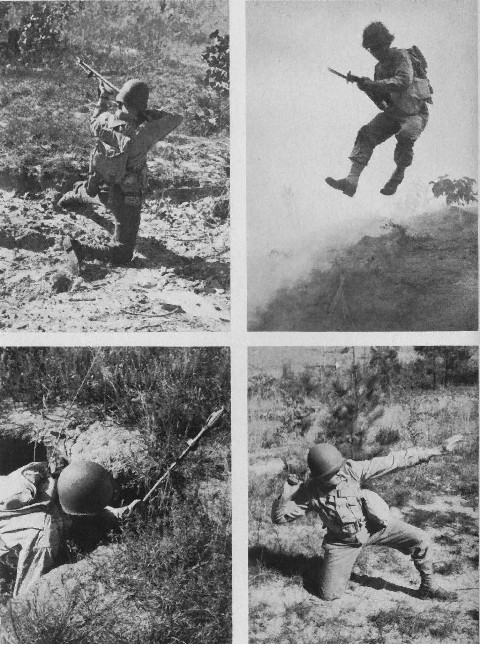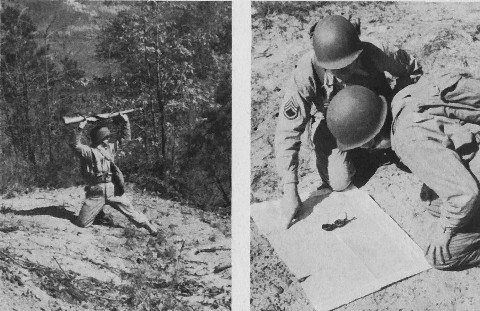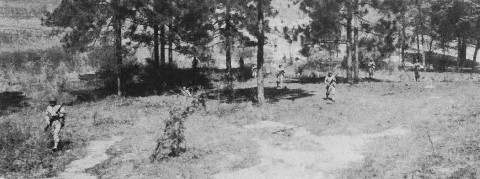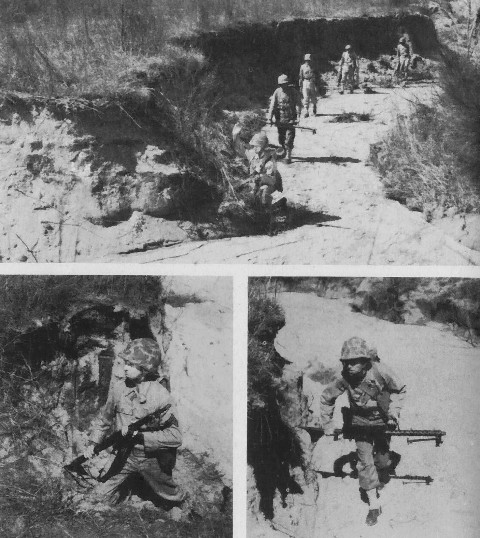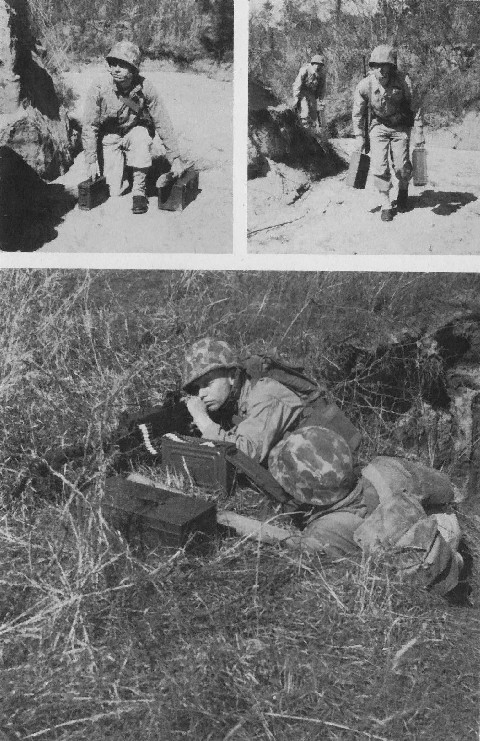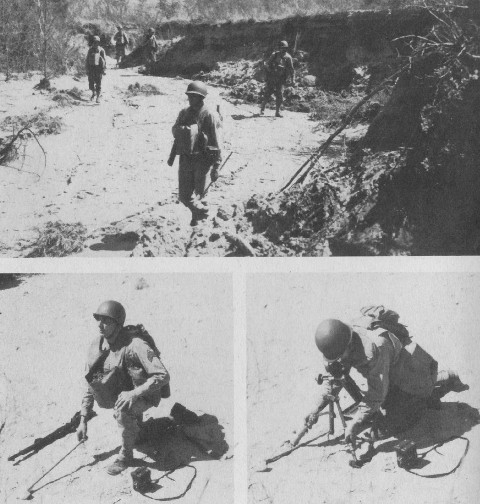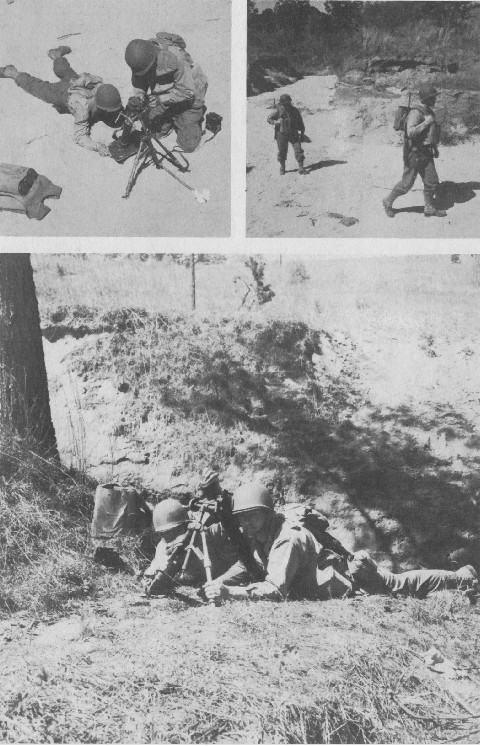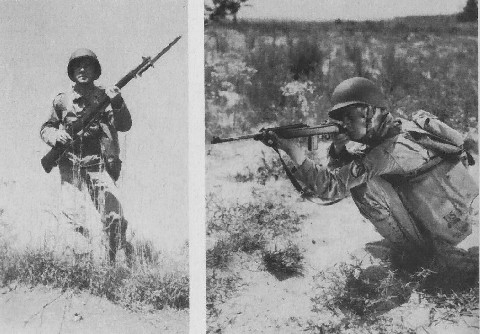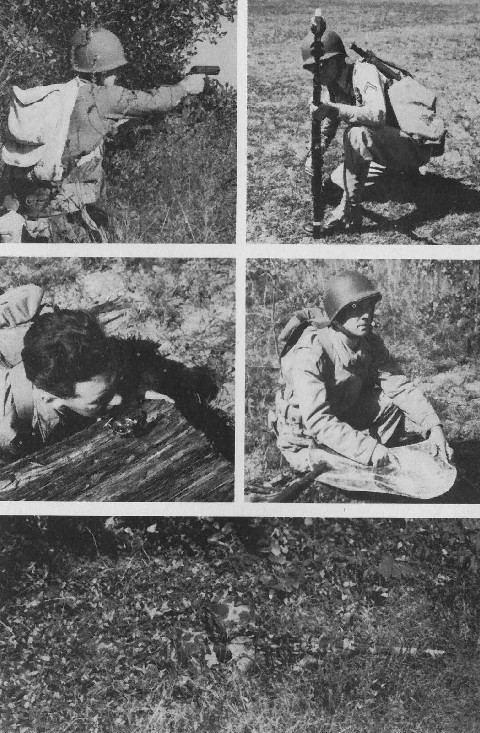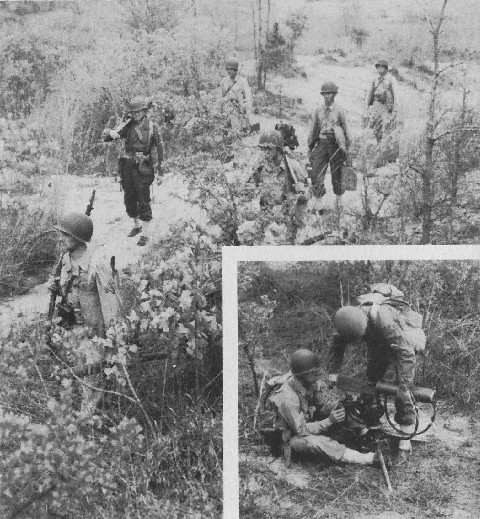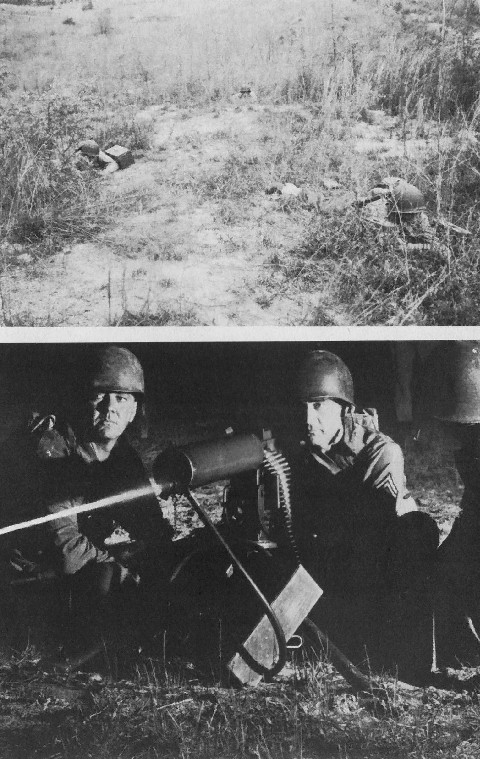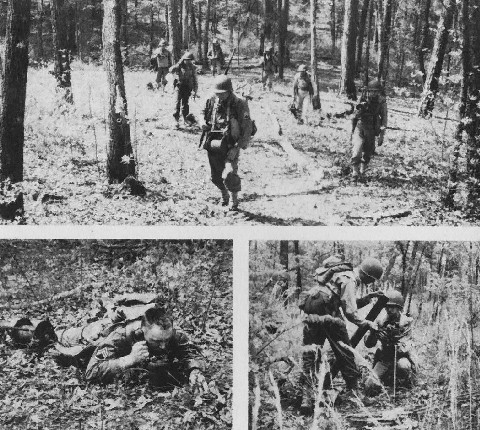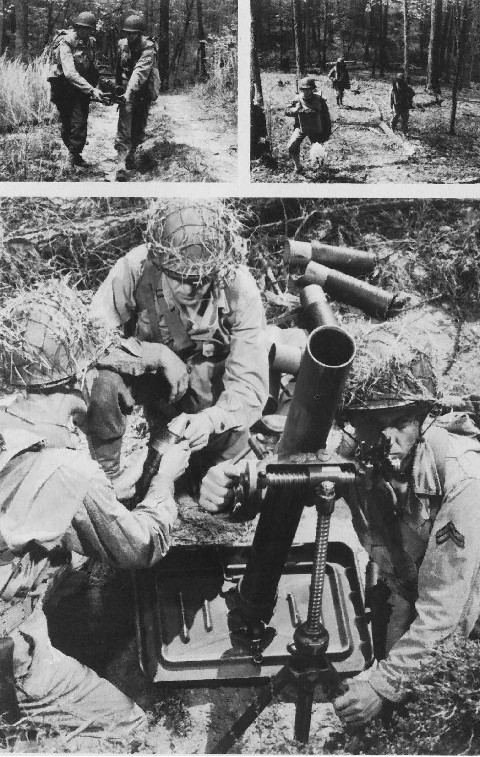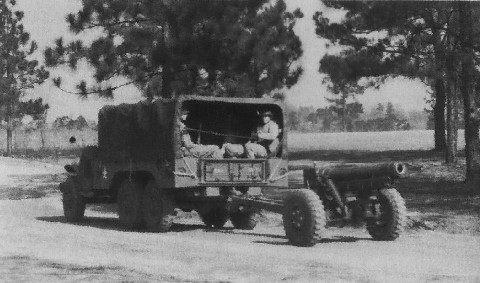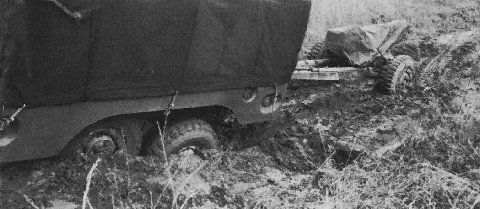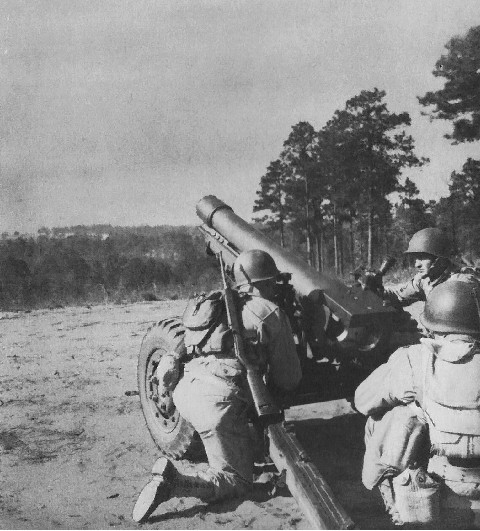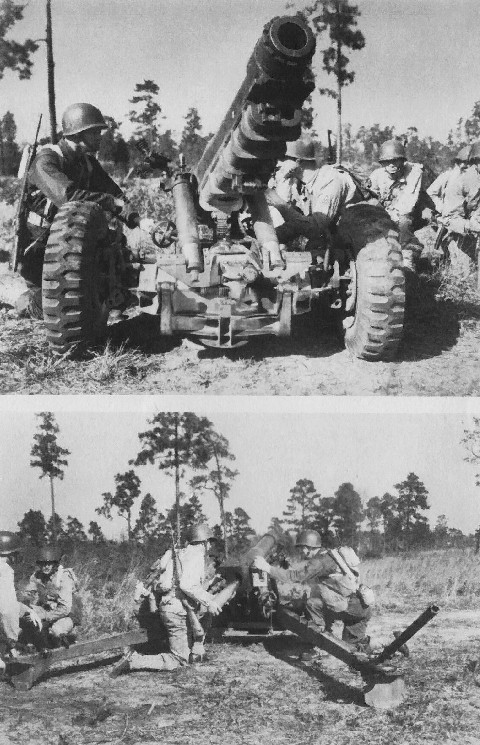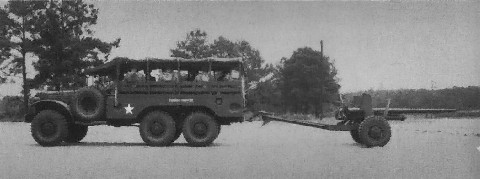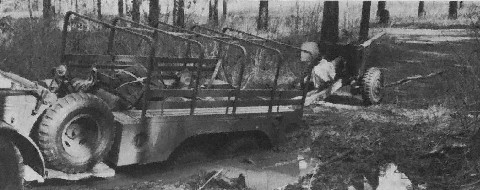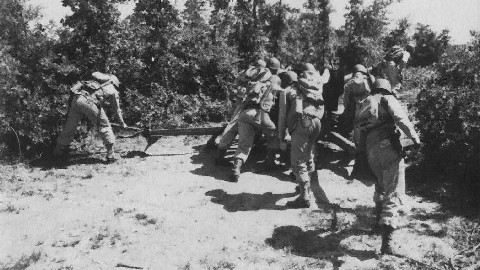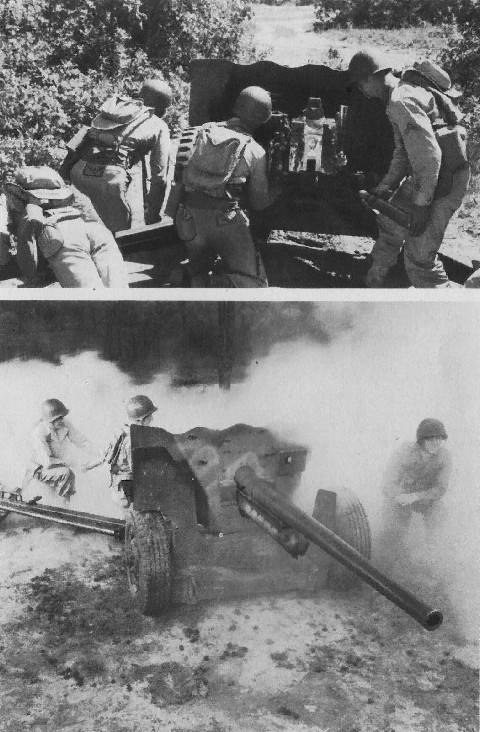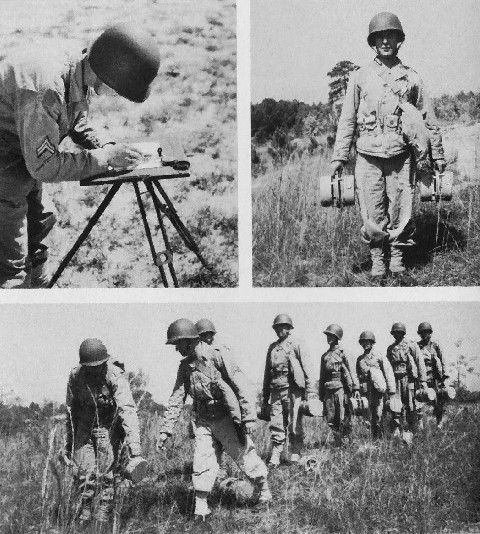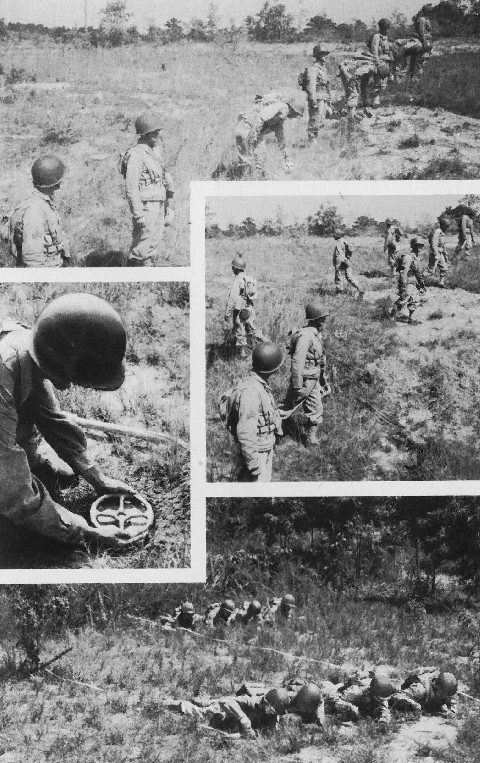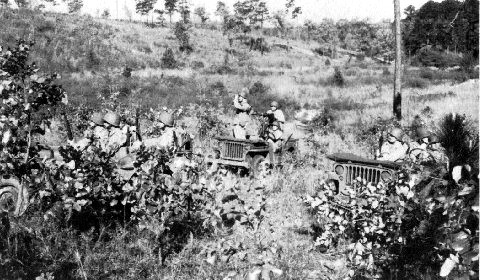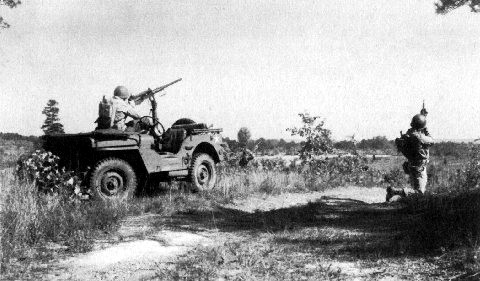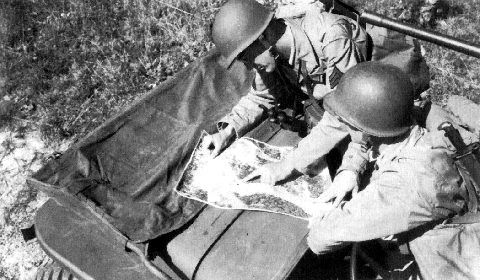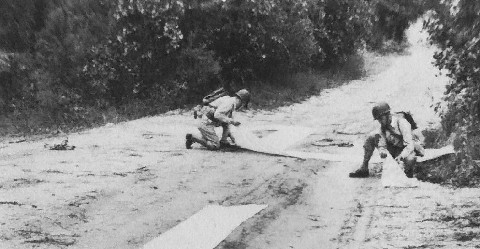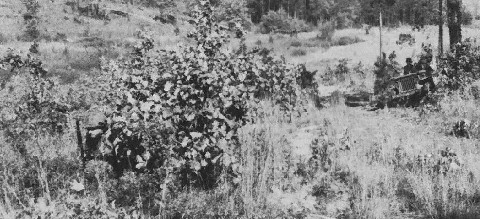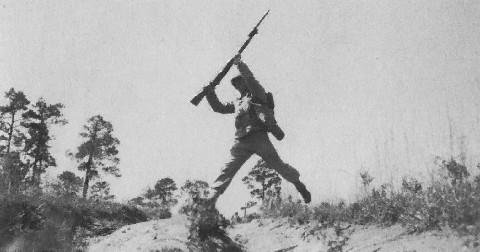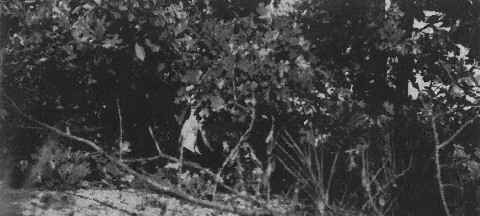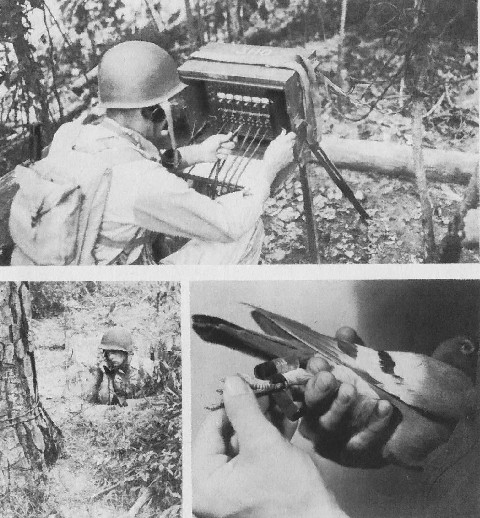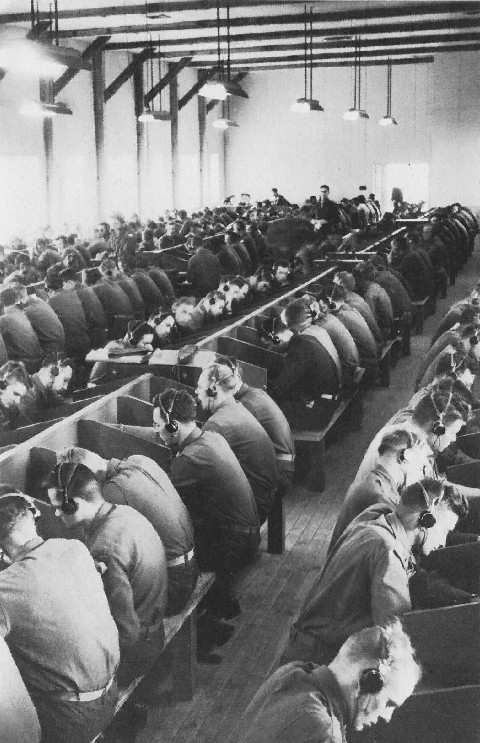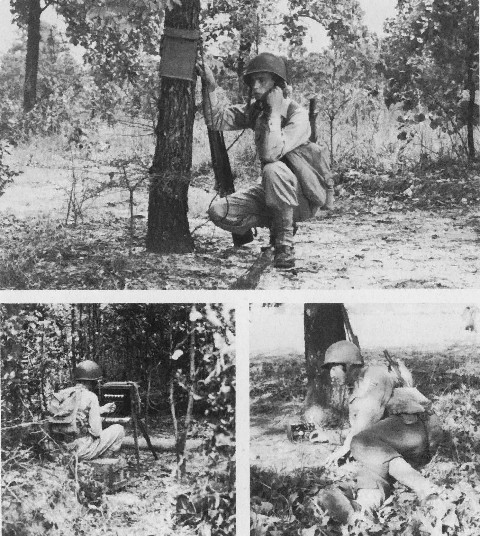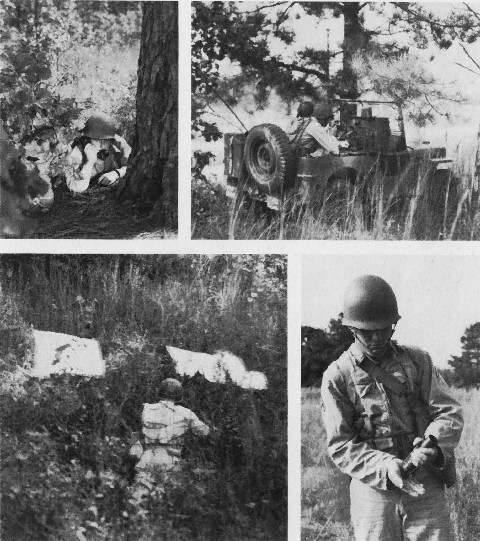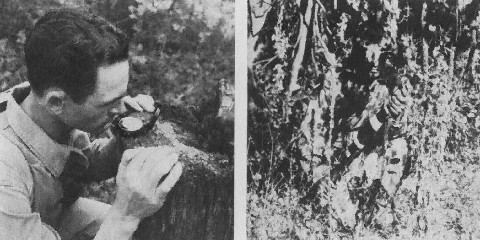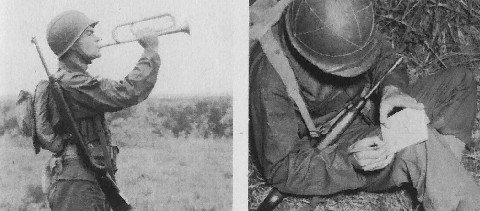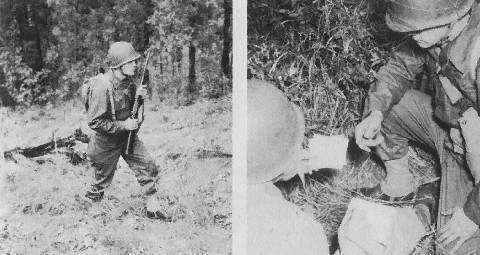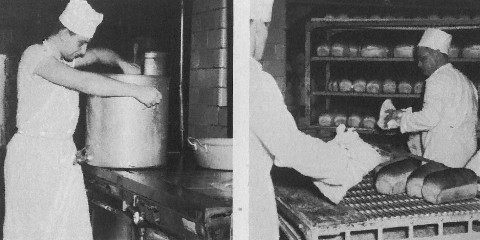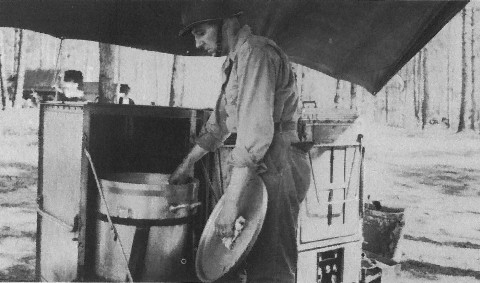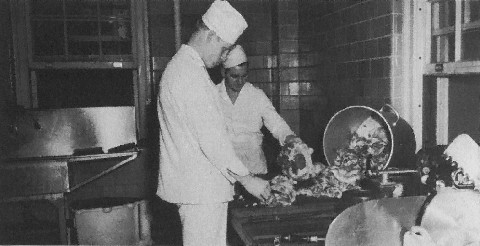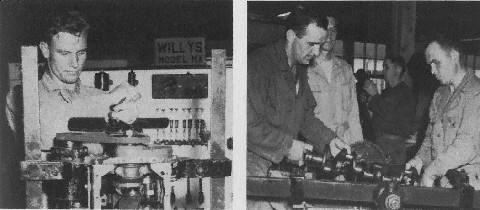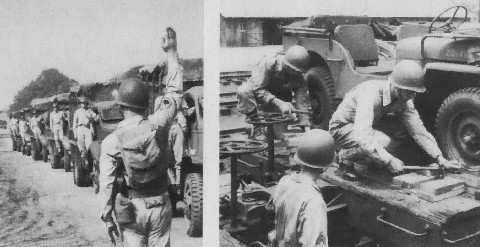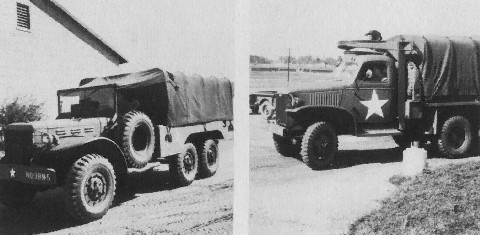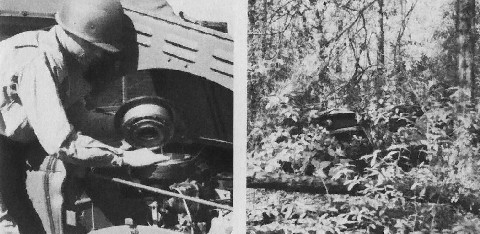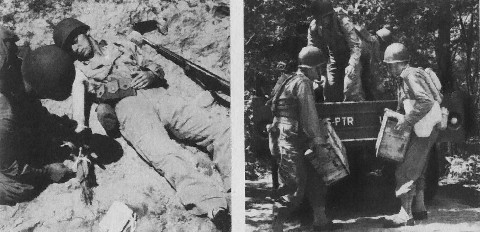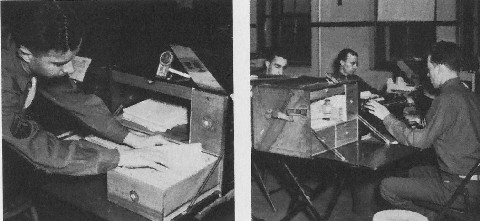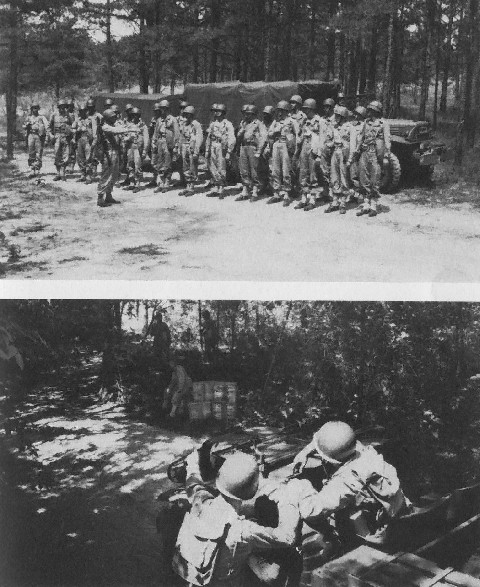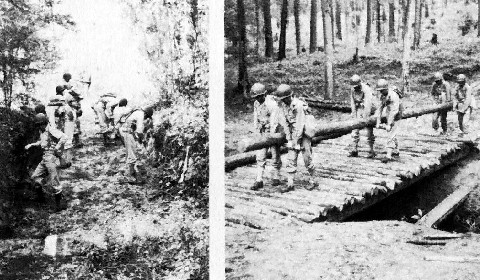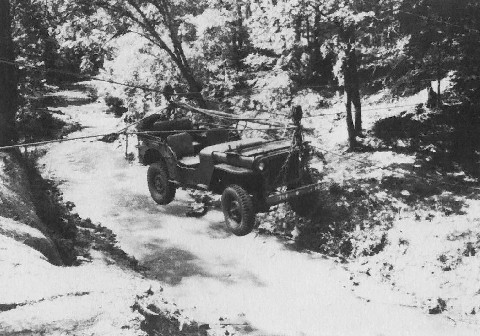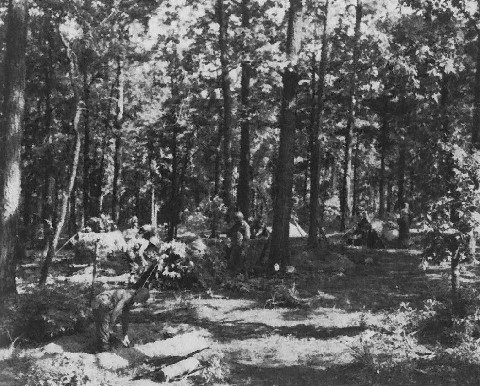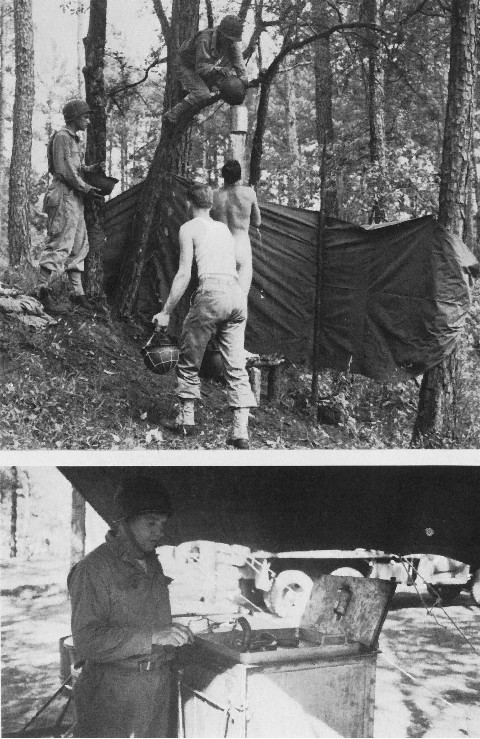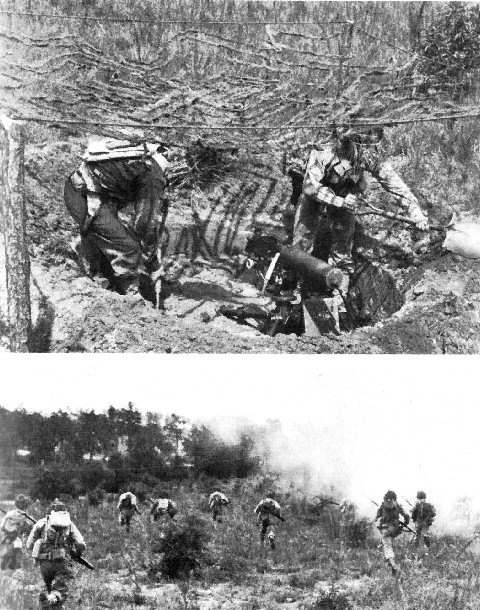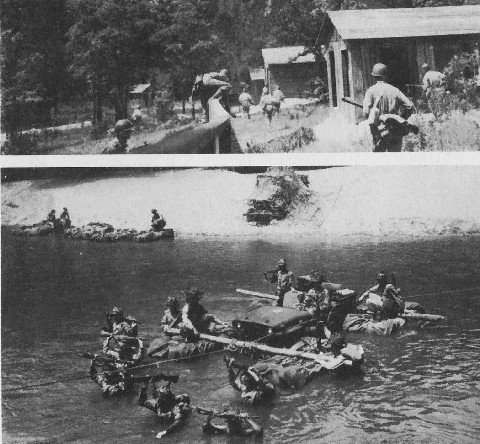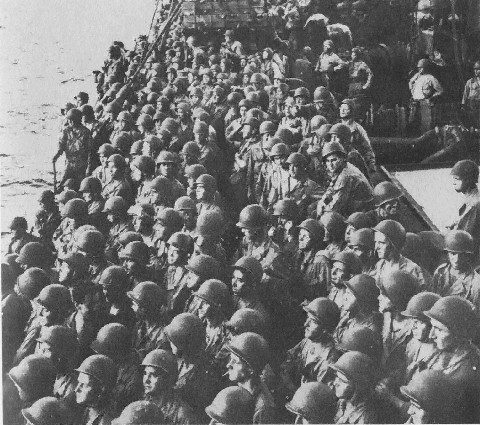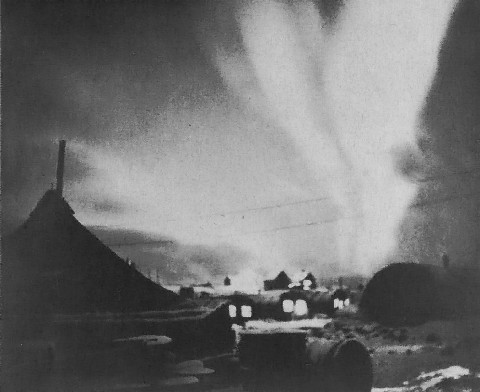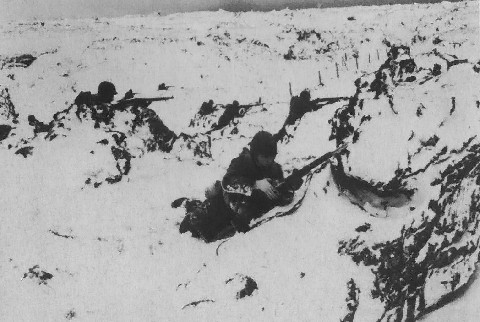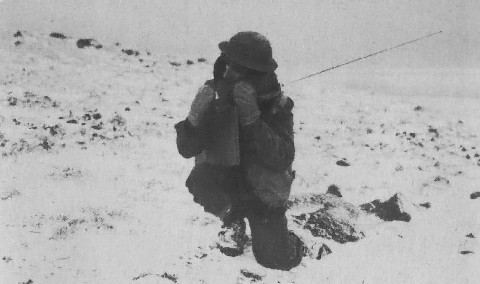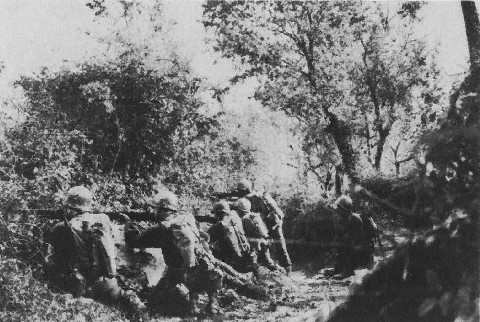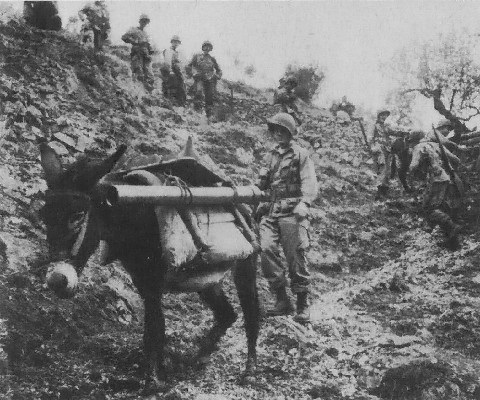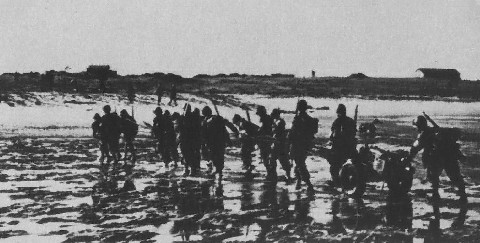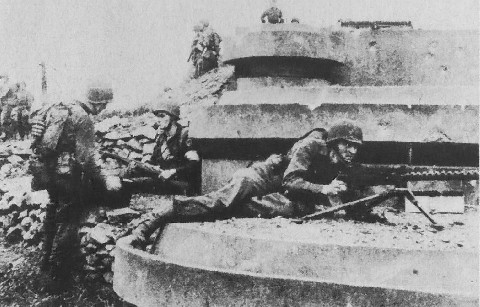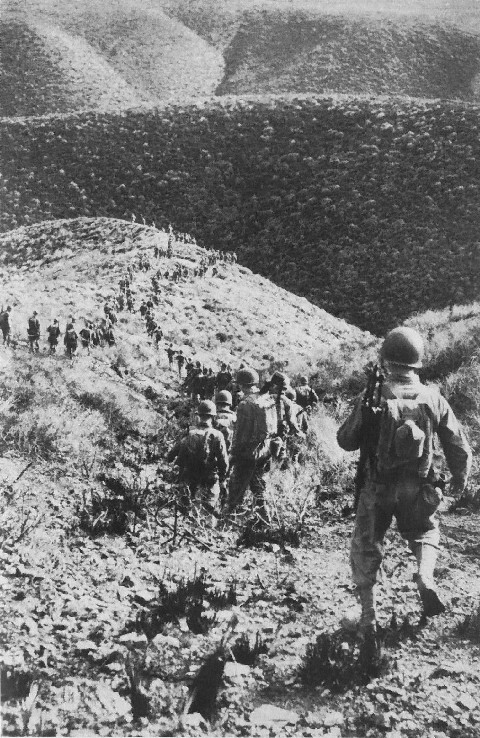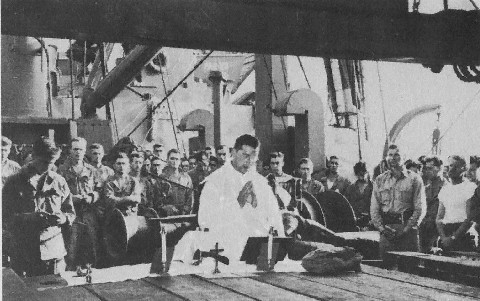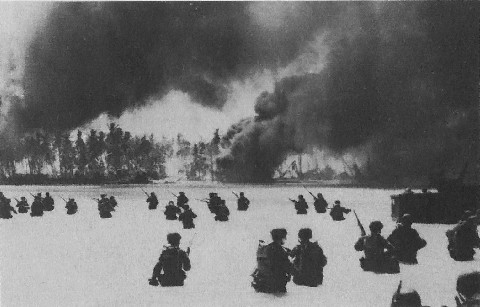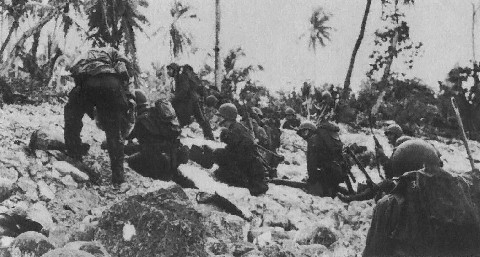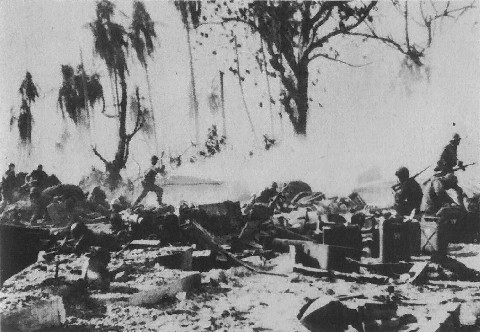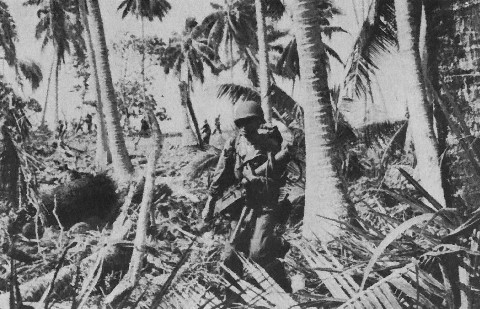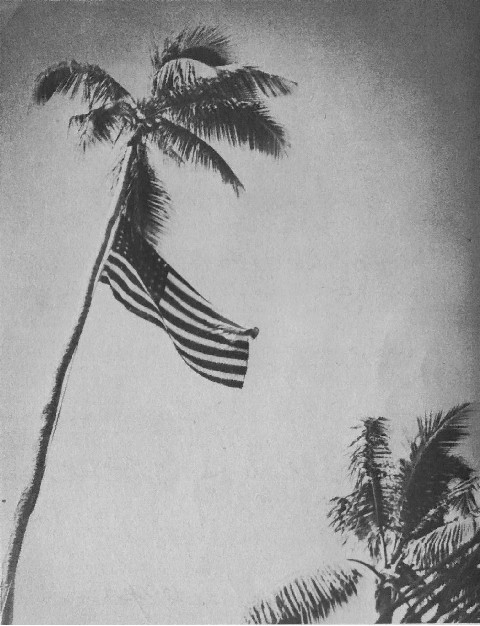
- Home
- Camp Wolters
- A Model Soldier
- Camera Trip Through Camp Wolters
- Camp Wolters Longhorn
- Camp Wolters Ephemera
- Camp Wolters Guide
- Camp Wolters IRTC
- Camp Wolters Postcards
- Camp Wolters Unit Photos
- Christmas Menu
- Present Site of Camp
- Southwestern Bell Booklet
- Camp Wolters Souvenir Book
- IRTC Doughboy
- Soldier - Billy S. West
- Soldier Artist
- Soldier's Letters
- Soldier's Photos
- Fort Wolters
- United States Primary Helicopter/School
- Flight Training
- ORWAC Class 68-24
- WORWAC Class 67-5
- Training Aircraft
- Stagefields and Heliports
- Southern Airways of Texas
- USAPHS Commandants
- Battery D, 4th Missile BN 562nd Arty
- 328th U.S. Army Band
- Det. 20, 16th Weather Squadron
- Guide and Directory
- Crash Rescue Map
- Dave Rittman Photos
- Fort Wolters Photo Gallery
- Fort Wolters Ephemera
- Wolters Air Force Base
- Fort Wolters Main Gate
- Around Mineral Wells
- Texas Forts Trail
- Vietnam
- Sitemap
- Links
- About the Site
- What's New
I am a Doughboy |
||
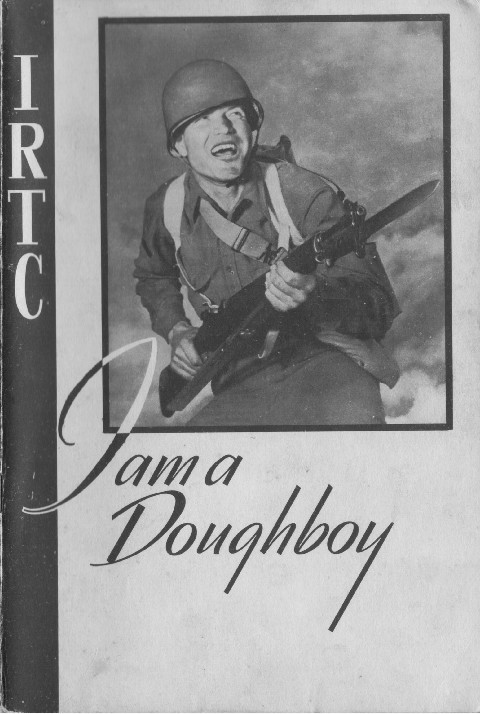 |
All of the following text and pictures come from a booklet published during World War II by the government. The booklet was sold at a nominal price and purchased by the trainees to send home to their friends and family. Its purpose was to describe the training that was given at each of the nine IRTC bases during the war years. The pictures and text accurately describe the training taking place at Camp Wolters. A scan of all of the pages can be viewed at a photo gallery and all of the pages can be viewed at high resolution by clicking the enlarge button. |
|
INTRODUCTION I am training to be an infantryman. I am proud, for I know that when the last enemy stronghold is captured, it will be an infantryman, supported on the ground and in the air by thousands of other men, who will have captured that stronghold and held it. As an infantryman, I must be a many-skilled soldier, more than a rifleman, a machine gunner, or a cannoneer. I must learn all that is necessary to achieve success in battle, to defeat and capture or destroy the enemy. To be part of a winning team in combat, I must learn obedience, to take orders and to obey, to respect my officers as well as my comrades. I must learn military courtesy and the customs of the service, how to salute and when to salute, how to live with other men in order to help them and, in turn, to receive help from them. Because I am fighting to live, I must keep myself informed of the progress of my fight. I must know why I fight, and follow and appreciate the progress of millions of my fellows and millions of my allies as they help me in this fight across seven seas and seven continents. As soon as I have learned how to take care of myself, I must learn how to take care of what Uncle Sam has given me. I must know how to care for my clothes and equipment. Waste means delay in my study to become a soldier. After I have learned how to live, I must learn how to fight. I am a member of A RIFLE COMPANY. That’s the unit the song writer was talking about when he said, “What do you do in the infantry? You march, you march, you march.” His answer is not quite complete, for we do many things besides marching. In fact, marching is only the beginning, for it is only the means of transportation that we sometimes use to get us to where our work begins. However, at the end of a long day we sometimes agree with that second writer who said, “And that song ain’t so very far from wrong.” The rifle company consists of three rifle platoons, a weapons platoon, and a headquarters group. In my training, I will learn to perform the duties of all members of the basic units of both the rifle platoon and weapons platoon. The Rifle Squad The rifle platoon consists of three rifle squads. Each squad is made up of a squad leader, an assistant squad leader, and automatic rifle team of three men, and seven riflemen. My training will fit me to perform the functions of any of these men.
As a member of the squad, I will learn to handle its weapons, will become a competent rifle shot, a good bayonet fighter, and proficient in the use of grenades. In addition, I must learn to use the automatic rifle, for it is the basis of our squad's great fire power.
But training in the use of our weapons is only the introduction to my real job. I must learn to read maps and use the compass, to move quietly, secretly, and quickly, both day and night, to conceal myself from enemy observation, and to cover myself from his fire. This is not only necessary to protect myself and my comrades, but also to help in qualifying us to perform the duties of a scout.
When I have become proficient as an individual in the use of weapons, in cover and concealment, in movement and maintaining direction, then I must learn to work with my buddies as a team. In team training, I will learn to operate as a part of a patrol or as part of a squad in attack or defense. It is in this training that I will learn to fit my individual skills into a coordinated effort to defeat the enemy.
The Light Machine-Gun Squad I am also being trained as a member of a light machine-gun squad. There are two squads to a section and two sections in the weapons platoon. As a member of a machine-gun squad, it will be my job to aid in giving direct fire support to the rifle company, or to its smaller units. The machine-gun squad consists of a squad leader, a gunner, an assistant gunner, and two ammunition bearers. As squad leader it would be my job to indicate where the gun will be mounted and to direct its fire. As gunner, I would fire the piece, assisted by the assistant gunner, who would take my place, if necessary. As an ammunition bearer, I would see to it that the gun is constantly supplied with ammunition.
The 60-mm Mortar Squad Another stage of my training is as a member of a 60-mm mortar squad. There are three squads in the section and one section in the weapons platoon. Each squad consists of a squad leader, a gunner, an assistant gunner, and two ammunition bearers. As squad leader, I would determine the place from which the mortar is to be fired and then take up a position from which I might observe and direct the fire. As gunner, I mount the mortar and lay it for elevation and deflection. As assistant gunner, I would load the mortar and if necessary, take over the position of gunner. As an ammunition bearer, 1 would keep the mortar constantly supplied with ammunition and be prepared to replace the gunner or assistant gunner if it were necessary.
I’m a Member of A HEAVY WEAPONS COMPANY. It is armed with the heavy infantry weapons, the heavy machine gun and the 81-mm mortar, that are used for the close support of the rifle units. The company is made up of two machine gun platoons, one mortar platoon, and a headquarters group. As a member of the heavy weapons company, I will first learn to handle the individual weapons with which we are armed. I will become a competent shot with the rifle, the carbine, and the pistol, and will also learn to use all types of grenades. In addition, I will learn how to read maps, how to use the compass, how to move quickly and noiselessly, how to conceal myself from enemy observation, and how to protect myself from enemy fire.
The Heavy Machine-Gun Squad The heavy machine gun platoon consists of two sections of two squads each. Each squad is made up of a squad leader, one gunner, an assistant gunner, and four ammunition bearers. When my individual training is completed, I will begin my team training, for it is as a team that our crew-served weapons are operated. As squad leader, it would be my job to indicate where the gun will be mounted and to direct its fire. As gunner, I would fire the weapon, assisted by the assistant gunner, who would take my place if necessary. As an ammunition bearer, I would help in supplying ammunition for our gun and be ready to replace any other member of our crew, if the need arose.
The 81 mm Mortar Squad In addition to my training as an individual and as a member of the heavy machine gun squad, I will be trained as a member of the 81-mm mortar squad. Like the heavy machine gun, the mortar is used for the close support of the rifle units, but unlike the machine gun, it is used for high angle fire only. That means that the mortar shell goes high in the air and drops almost straight down on top of the enemy. Because of this, we can use it to throw shells over hills, into gullies, and other places that cannot be reached by rifle or machine gun fire. As leader of our squad, I would determine the place from which the mortar is to be fired and then take up a position from which I could observe and direct the fire. As gunner, I would mount the mortar and align it so that we would hit the target. As assistant gunner, I would help mount the mortar and load it upon orders from the gunner, and when working as an ammunition bearer, I would help keep the gun crew supplied with ammunition.
I am a member of THE CANNON COMPANY. I'm an infantryman but I'm certainly different from my buddies in the rifle companies who are able to carry all of their equipment op their backs. Our equipment includes a sweet little ton and a-half howitzer that throws a four inch shell more than three and one-half miles. It's certainly no shoulder weapon, but it's infantry through and through. It's infantry because it's right behind the front lines of the rifleman, supporting them and clearing out enemy pillboxes and machine gun nests so that they can advance. We ride most of the time, but when the going gets tough we have to almost carry the cannon and its truck both, and that's no job for a softie. Our company consists of three cannon platoons and a headquarters group. Each platoon consists of two sections with one howitzer to a section. The howitzer crew is made up of a chief of section, a gunner, a truck driver, and seven cannoneers.
As a member of a howitzer section, my early training will be similar to that of all other infantrymen. I will become proficient with the rifle, the carbine, and all types of grenades. In addition, I will learn to handle the bazooka so that I may protect my team-mates from enemy tank attacks. Accompanying my training in individual weapons, I will learn to read maps and use the compass, for it is essential that our section always be at the right place at the right time.
After I have completed my individual training, I will begin team training, the training that will make it possible for my section to handle our weapon efficiently and effectively. As chief of section, I am responsible for the proper performance of duties in the section and for correct execution of all commands. As gunner, I will lay the gun to hit the target.
The cannoneers aid in sighting the gun, preparing ammunition, loading, and supplying ammunition for the howitzer. I will alternately perform all of these functions.
I’m a Member of THE ANTITANK COMPANY. The introduction of armored vehicles in large numbers in modern warfare has brought about changes in infantry organization to counteract tanks. While every infantry unit is armed and trained to fight tanks as a part of its combat mission, the antitank units are the only ones whose primary purpose is to destroy the enemy armored vehicles. Unlike most infantrymen, I find it impossible to carry my equipment with me. Our weapon is neither a rifle nor a machine gun, but a big 3,000 pound piece that shoots a six pound shell at approximately 2,800 feet per second. It's big enough to stop any enemy tank that's been developed, and will do an excellent job on enemy fortifications as well. Our company consists of three antitank platoons, one antitank mine platoon, and a headquarters group. The Antitank Platoon The antitank platoon is made up of three antitank squads and a headquarters group. Each squad consists of a squad leader, a gunner, four cannoneers, three ammunition bearers, and a truck driver. My training will fit me to perform the functions of any of these men.
As a member of the antitank squad, I will first receive my individual training. I will become proficient with the rifle, the carbine, and the .50 caliber machine gun, as well as learn how to use the bayonet and all types of grenades. Having learned to handle our individual weapons effectively. I will learn to read maps and aerial photographs, to use the compass, to move quickly and silently, to conceal myself from enemy observation, and to protect myself from enemy fire.
This individual training will be followed by training with my squad as a group. We will learn to operate, care for, and maintain our 57-mm antitank gun and its prime-mover, a 11~.ton six-wheeled truck. As squad leader, I will be in command of the gun and its crew and control and direct its fire. When I act as gunner, I will aim and fire the piece, assisted by the four cannoneers, who will load and help me in aiming and firing. As an ammunition bearer, I will keep the gun supplied with ammunition and, when necessary, provide close protection for the gun crew from enemy riflemen.
The Antitank Mine Platoon In addition to my training with the antitank platoon, I will receive training with the antitank mine platoon. The antitank mines are used as obstacles to enemy tanks and help in disabling them, or slowing them up so that they are easier for our antitank guns to hit. The antitank mine platoon consists of three squads and a headquarters group. Each squad is made up of a squad leader and seven pioneers. As squad leader, I am in command of the squad and supervise the laying and removal of mines. As a pioneer, I will aid in staking out mine fields, in laying mines, and in removing mines, both our own and enemy. I’m a member of A HEADQUARTERS COMPANY. The men in our headquarters company are assigned to one of two principal groups, the intelligence and reconnaissance platoon or the communications platoon. The Intelligence and Reconnaissance Platoon The intelligence and reconnaissance platoon consists of a platoon headquarters and two reconnaissance squads. Each reconnaissance squad is made up of a squad leader, an assistant squad leader, three truck drivers, a radio operator, and three scouts. As a member of the reconnaissance squad, I will learn to handle the weapons with which we are equipped. I will become a competent rifle shot and learn to use the bayonet and all types of grenades. In addition, I will learn to use the .50 caliber machine gun with which the platoon protects its transportation from air attack.
When I have learned to effectively handle our weapons, I will begin the technical training necessary to members of my group. I will learn to care for and operate the motor vehicles with which our squad is provided; to collect, study, interpret, and pass on information to read maps and use the compass; to move quickly, quietly, and secretly, both by day and by night; to conceal myself from enemy observation; to cover myself from. enemy fire; and to act as a scout in observing and reporting the activities of the enemy.
I must also learn to care for and operate our radios and telephones, and to signal by visual means. I will learn how to prepare situation maps which indicate the latest intelligence information concerning our own troops and those of the enemy.
When I have become proficient as an individual in the use of weapons. in cover and concealment, in the use of communications, in the preparation of sketches and maps, and in scouting, then I will learn to work with the other members of my squad as a team. It is in team training that I will learn to coordinate my individual skills with those of other men in order to accomplish our mission as effectively and quickly as possible.
Having completed my training, I will be assigned to an intelligence and reconnaissance platoon of a regimental headquarters company. The Communications Platoon The communications platoon consists of a platoon headquarters, a message center, a wire section, and a radio and visual section. As a member of the communications platoon, I will learn to handle the weapons with which we are equipped, will become a competent rifle shot and learn to use the bayonet and all types of grenades. In addition, I will learn to use the .50 caliber machine gun and the carbine.
After I have learned to effectively handle our weapons, I will learn to conceal myself from enemy observation, to cover myself from his fire, and to move quickly and quietly by day or night.
When I have completed this general training, I will begin my specialized training as a member of the message center, the wire section, or the radio and visual section. Message Center I have been assigned to the message center. Here I will learn the International Morse Code, cryptography, the operation of telephones, switchboards, and radios, and the use of pigeons and visual signaling. In addition, I will learn the procedure and operation of the message center and the command post, of which it is a part.
When I have become proficient in my specialty, I will receive an assignment to the message center of the communications platoon of a unit in the field forces.
The Wire Section Having been assigned to the wire section, I will learn the International Morse Code, the use of telephones, telegraphs, switchboards, and how to lay, repair, and maintain the lines of communication. In addition, I will learn how to write, code, and decode messages, and how our section operates in a command post.
When my training is completed, I will receive an assignment to the wire section of the communications platoon of a unit in the field forces. The Radio and Visual Section As a member of the radio and visual section, 1 will learn the International Morse Code and how to operate and maintain telephones, switchboards, telegraphs, and radios. I will also learn how to communicate with others by visual means. In addition, I will learn how to write messages and how our section operates in a command post.
With my preliminary training completed and as a competent radio operator, I will be assigned to the radio and visual section of the communications platoon in a unit of the field forces.
I am a member of THE SERVICE COMPANY. This company is responsible for the training of many different types of specialists who later will be assigned to other units. These specialists include buglers, cooks, motor mechanics, truck drivers, clerks, stenographers, armorer-artificers, and pioneers. As a member of the service company, I will learn to handle the weapons with which it is armed, to become proficient in the use of the rifle, the carbine, and the .50 caliber machine gun, as well as learn how to use the bayonet and all types of grenades. Having learned to handle our weapons effectively, I will learn to read maps and use the compass, to move quickly, silently, and secretly by day and by night, to conceal myself from enemy observation, and to cover myself from enemy fire.
When I have completed this instruction, I will begin my training as a specialist. Buglers In addition to my musical instruction, I will have a great deal to learn to be a competent bugler. I will not only learn to read maps and use the compass but I will also learn to make sketches and overlays for the use of others. I will learn to operate radios and to communicate with others by pyrotechnics and other visual means.
Also of extreme importance is my training as a scout and messenger. I will learn to select the best routes of travel, both by road and cross country, the best methods of concealment and camouflage, and how to travel swiftly and unerringly to a place indicated by a mere pin-prick on a map. I will learn to repeat messages accurately without mistakes.
When my training is completed, I will be assigned to a unit in which I will be not only the bugler but also a qualified messenger and scout. Cooks As a cook, I will have under my care not only the dispositions of the men, but also, to a large extent, their battle effectiveness. A poor cook can ruin good food and poor food can ruin a good company.
To help in keeping the men of my company happy and well, I will learn mess sanitation and the care and preservation of food. Having learned to preserve food, I will next learn to prepare it attractively and nutritiously. I must learn how to operate, care for and clean our field range, and how to cook appetizing meals under all conditions.
When I have completed my training, I know I will be able to do my part in keeping the company to which I am assigned in condition to accomplish its mission. Motor Mechanics To be a competent motor mechanic, I must learn to disassemble, repair, and reassemble all types of truck engines, power transmission systems, steering assemblies, and brakes. I must learn how to service and adjust motor trucks periodically in order that they may be kept in perfect working order. In addition, I must learn how to select and train drivers, how to conduct a motor column on the march, how to keep vehicles operating efficiently in extremes of heat and cold, how to operate motor parks, and how to transport motor equipment by rail.
When my training is completed, I will be competent to service and repair the motor vehicles of the unit to which I am finally assigned, and to make sure that its transportation will be ready to do the job for which it was designed.
Truck Drivers Driving is only one of the many functions that I will perform as a truck driver. I must be a good driver and I will spend many hours learning to drive various types of trucks, but I must also learn how to care for my vehicle, how to practice preventive maintenance in order that it will always be ready for its job.
I will learn how to read maps and aerial photographs, how to apply first aid, how to camouflage my vehicle and its load, and how to load it correctly for difficult and dangerous roads. I must also learn to operate my vehicle in motor convoys by day and by night, in all kinds of weather, and under all service conditions.
When I have completed this training I will be assigned to a unit and become responsible for the operation, care, and maintenance of the truck entrusted to my care. Clerks and Stenographers During my training as a clerk or stenographer, I will not only learn how to defend myself and how to operate in the field under adverse conditions but will also learn how to prepare morning reports, sick reports, and the various other records necessary to my organization. I must learn to type, take shorthand, and to keep records correctly filed and readily available, even when working under combat conditions in the field.
When my preliminary training is completed, I will be ready for an assignment to a unit in the field forces, prepared to do my part in the hard task before us. Armorer-Artificers My title is something of a mouthful and might seem to indicate some thing mysterious or highly complicated. In actuality it is neither. It simply means that I have a particularly interesting and important job, that of making sure that. the weapons and other equipment of my buddies are always in the best of working order. When my training is completed I will be assigned to a unit and become responsible for the maintenance of the weapons entrusted to my care. Pioneers As a member of the ammunition and pioneer platoon, my job will be just what the name implies. I must not only keep the men supplied with ammunition, but also repair and sometimes build the roads and bridges necessary to transport the men and their equipment. I will learn how to build obstacles to stop the enemy and how to destroy those obstacles which they have built to stop us. I will learn how to use explosives in order that I may clear a path through difficult areas, and to improvise means of crossing streams or deep gullies. In fact, I am a pioneer, for I will clear the path, build the roads and bridges, that others may follow.
FIELD TRAINING The climax of my training will come during the last three weeks, which will be spent in field training. This means that we will camp out, or bivouac, in nature's great open spaces. Perhaps nature is all that the songs and poems claim for it, but it's certainly different, to say the least, from our life in the barracks. Sleeping on the ground under a pup tent, washing and shaving in cold water, using the good old ground or a stump as a mess table, and having the sun as the only light, is our introduction to life in the great outdoors.
However, we are here not for comfort but to learn how to conduct ourselves in bivouac under actual field conditions. Our training is based on the assumption that the enemy is near and our actions must be such as to keep him in ignorance of our location or even our very existence. That means that we must practice all we have ever learned about camouflage and concealment and that we must be constantly prepared to meet his attacks whether they come by air or by land.
In addition to the actual practice we receive in field sanitation, camouflage, concealment, and cover, each unit is busy with many different field problems which teach us how our units would operate in actual engagements with the enemy. For the first time, we are able to see how all the different units in the regiment operate in unison to defeat the enemy. We learn how much each of us is dependent upon the other men in our unit and how it, in turn, is dependent on all other units. It really makes us realize how much real cooperation means and also how much each individual can contribute to the success of the whole group. When we get back in the barracks and begin reflecting, as we unconsciously scratch our chigger bites, we realize how much we've learned and how much we still have to learn to accomplish the thing that we all set our hearts on. We hope that when our time comes, we will be as worthy of your admiration as those fellows who are carrying the ball over there now. I AM A DOUGHBOY IN COMBAT. My primary mission is to close with the enemy and destroy or capture him. While all of the other arms and services render indispensable support, it is the action of the infantry which will bring the present war to a decisive and victorious conclusion.
"The importance of well-trained infantry as the prime essential to military success can hardly be overestimated. Infantry capable of meeting the requirements of modern war can be created only by the most painstaking and intelligent instruction of the individual in all that pertains to the duties of the soldier. The neglect of any phase of his training may cause disaster." John J. Pershing,
"Gentlemen, here they come, the queen of battles, the infantrymen, the old foot sloggers. Twenty-five years ago at West Point an old tactical professor used to say to us: `Never overlook the doughboy. A thousand years ago it was the foot soldiers who won and held territory and it will be the same a thousand years from now . . . .` Look at `em, the doughboys, God bless `em." George S. Patton, Jr.,
"Today every newspaper reader follows our operations on his war map. Let me remind you that those front lines are simply where the infantryman is-week upon week, month upon month without respite. True, he is magnificently supported by artillery and air, but this support is behind and above him. In front of him there is nothing but the enemy!" Lesley J. McNair,
"The battle team is a team of many parts, the decisive element of which remains the same little-advertised, hard-bitten foot soldier with his artillery support." General George C. Marshall,
James G. Harbord,
"We are fighting this war to the finish. And whether he travels to work in a glider or a truck; a jeep, a parachute or a landing craft, that finish will be fought by the infantry-man on foot." Lesley J. McNair, Lieutenant General, U. S. A.
"I love the infantry because they are the underdogs. They are the mud-rain-frost-and-wind boys. They have no comforts, and they even learn to live without the necessities and in the end they are the guys that wars can't be won without." Ernie Pyle, |
||
